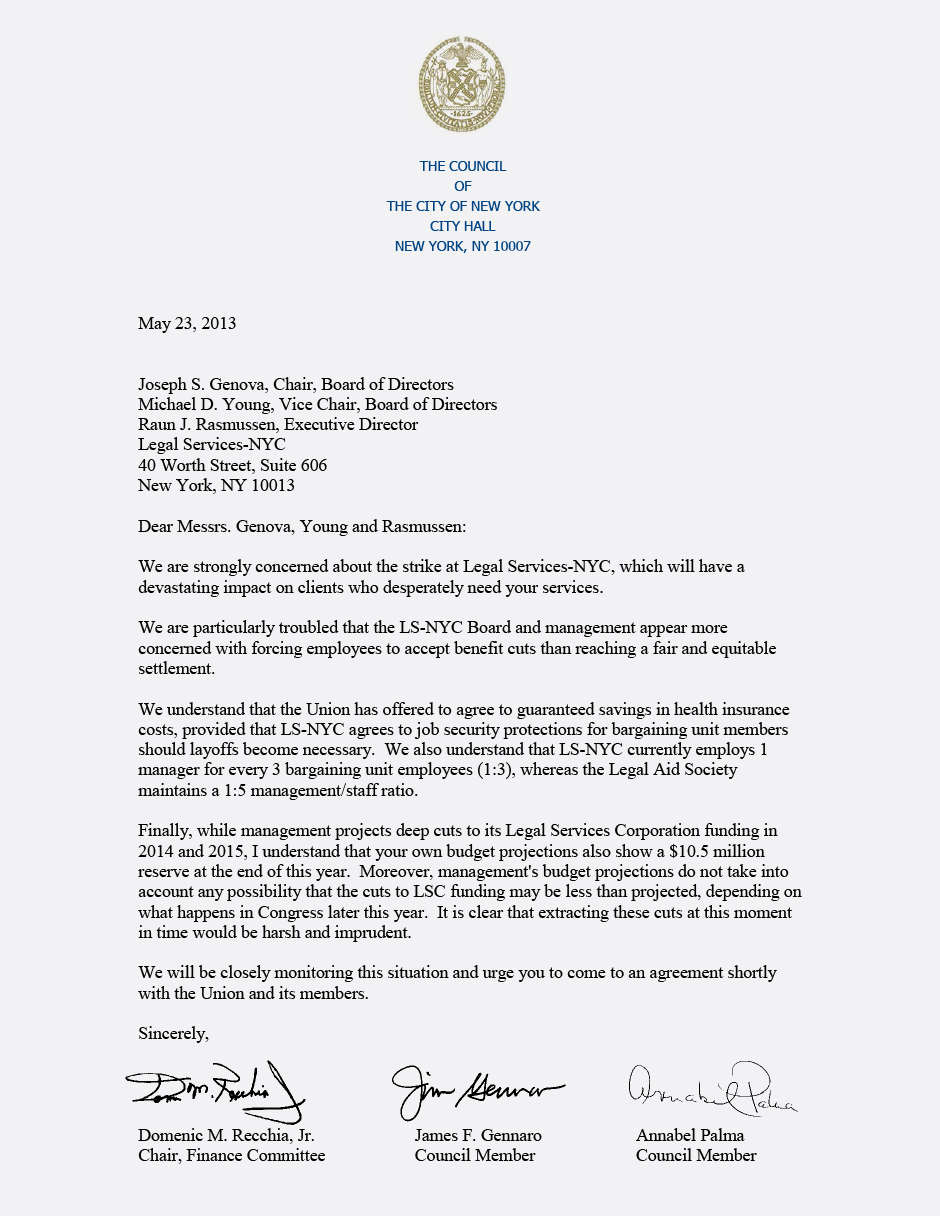
As many organizations seek to improve their productivity and reduce costs, there is an increasing demand for principal consulting. Consultants can help organizations to implement new technologies and expand their reach in new market segments. A bachelor's degree is usually required to become a principal consultant. However, many employers prefer applicants who have an MBA. This two-year program includes coursework and a research project. These are some helpful tips to help you get started.
For principal consultants, the job outlook
Principal consultants generally have a positive outlook on their job, but they can also be assigned a variety of tasks. Principal consultants are responsible for project management, team leadership, and business problem solving. They may also participate in business development and thought leadership. They work in teams, but a principal consultant should have the ability to manage their projects and work alone. Here are three trends that you should be looking out for in your career.
Education and experience: A bachelor's degree is usually required to be a principal advisor. Many potential principals have a master's or similar degree in business management. Employers prefer candidates who have worked in relevant fields. Employers prefer candidates who have at least a master's level of education. A doctorate in the relevant field is also a plus. As for compensation, principal consultants make an annual mean salary of $80630.

Education is required
Principal consultants are a position of high management within a consulting firm. The job responsibilities of a principal consultant include overseeing the work of junior consultants and providing guidance and leadership to others within the firm. You must have a minimum of five years' experience in consulting and a bachelor's level degree in a related field to be a principal consultant. A master's degree in a related field may be required to qualify for the role of principal consultant.
It is common for the principal consultant to recommend effective strategies to increase the company's bottom-line. They may also choose to specialize in a specific industry, such as health care or technology. This specialized knowledge will set you apart from other consultants. These are the most common areas of expertise in human resources, finance and marketing, as well as engineering. The industry you want to work in will determine the type of education that you choose. Principal consultants will often have industry-specific training, in addition to a bachelor’s degree.
Your potential to earn
As a principal consultant, an experienced consultant can earn more. Clients are often attracted to principal consultants with more than 10 years experience. Additional training may be required to keep current with technological developments and regulatory changes. While the annual mean salary of a consultant is $80630, the earnings of top executives can exceed $163470. This article describes the factors that affect earnings as principal consultants.
The median salary for a Principal consultant varies depending on where they are located and how much experience they have. According to ZipRecruiter, an entry-level Principal Consultant can earn up to PS82,500 a year. On average, a mid-career Principal Advisor can make Rs16.7 Lakhs per annum. An average salary for a senior Principal Consultant is Rs16.7 Lakhs per year. However, principal consultants with more experience than 20 years can earn more than the average national salary.

Career path
Principal consultant work requires specific skills that will allow you to succeed. Although consultants may have broad knowledge of the industry, some are able to distinguish themselves from others by having specialized knowledge. Aspiring principal consultants will find certifications in specific areas of business beneficial as it allows them to increase their knowledge and expand their experience. These certifications can also be a great way to show off your expertise and make you stand out among other consultants.
The principal consultant oversees all phases of projects as well as the talents of a team. They can work on difficult business issues and participate in other areas of the firm's services offering, such thought leadership. After being promoted to the position of principal consultant, they will be responsible for leading a firm’s strategic planning and business development work. They also need to generate new business and build client relationships.
FAQ
Is it possible to start a consultancy from home?
Absolutely! Indeed, many consultants already do this.
Many freelancers work remotely via tools such as Skype, Trello and Basecamp. Many freelancers set up their own office space to avoid missing out on company perks.
Some freelancers prefer to work at libraries and cafes instead of traditional offices.
And others choose to work from home because they enjoy being surrounded by their children.
While working remotely has its advantages, it also comes with some disadvantages. It's worth looking into if your job is fulfilling.
What happens after the consultant has finished the job?
After the consultant completes their work, he/she will submit a final summary of the results. This report includes the deliverables and project timelines.
Then, you'll review the report and decide whether the consultant met your expectations. If the report does not meet your expectations, you have two options: to request changes or to terminate the contract.
What kind of contracts can consultants sign?
When they are hired, most consultants sign standard employment contracts. These agreements include details such as how long the consultant will stay with the client, what he/she can be paid, and other important information.
Contracts also specify which areas of expertise the consultant will focus on and how the consultant will be compensated. For example, the agreement may say that the consultant will provide training sessions, workshops, webinars, seminars, etc.
Sometimes, the consultant just agrees to complete certain tasks within a defined timeframe.
In addition to standard employment agreements, many consultants also sign independent contractor agreements. These agreements allow the consultant work on his/her own but still receive compensation for his/her efforts.
Statistics
- According to IBISWorld, revenues in the consulting industry will exceed $261 billion in 2020. (nerdwallet.com)
- On average, your program increases the sales team's performance by 33%. (consultingsuccess.com)
- "From there, I told them my rates were going up 25%, this is the new hourly rate, and every single one of them said 'done, fine.' (nerdwallet.com)
- According to statistics from the ONS, the UK has around 300,000 consultants, of which around 63,000 professionals work as management consultants. (consultancy.uk)
- So, if you help your clients increase their sales by 33%, then use a word like “revolution” instead of “increase.” (consultingsuccess.com)
External Links
How To
What does a typical consultant's day look like?
A typical day will vary depending on the type of work you are undertaking. But, in general, you will spend your time researching, planning and meeting new clients.
You'll often have meetings with clients where you can discuss issues and solve problems. These meetings may be over the phone via email, on-line, or face-to–face.
It is possible that you will be asked to write proposals. These documents outline your ideas and plans, and are required by clients. You will need to discuss these proposals with a mentor or colleague before you present them to clients.
After all the planning and preparation, you will have to produce some content. Writing articles, designing websites, editing photos or conducting interviews are just some of the options.
It depends on the project's scope, you might need to do some research to collect relevant statistics. For instance, you might want to find out how many people you have and if they are buying more than just one product or service.
Once you have all the information needed, it is time for clients to see your findings. You can either present your findings in writing or orally.
After your initial consultation with clients, you need to keep in touch. For example, you could call your clients periodically to check how things are going. Or send them emails asking them to confirm they have received the proposal.
Although it takes time, this process is worth it. It's also important to keep your eyes on the prize and maintain good relations with clients.